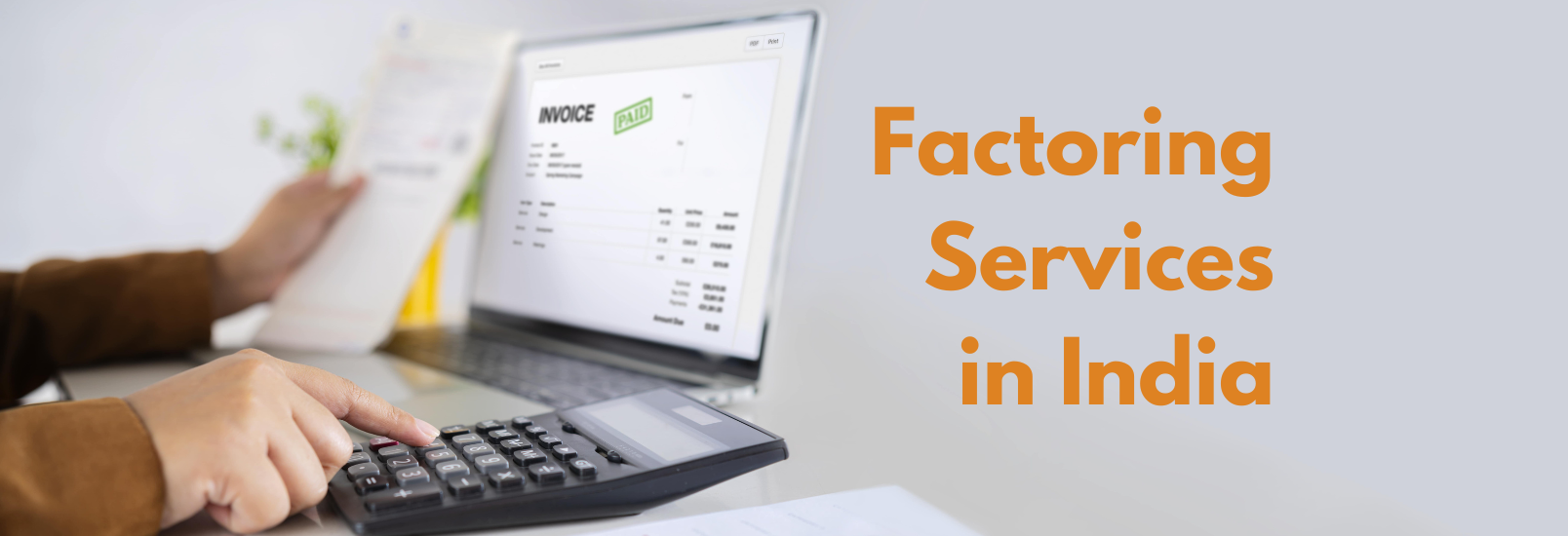Nowadays, there are two main methods of debt collection in Vietnam. The first is through litigation, which takes time because one must file a petition with the court and then wait for the judge to rule.
Nevertheless, by this point, debtors may have already sold their assets, transferred them to another party, or even declared bankruptcy, leaving creditors, particularly unsecured creditors, with nothing to recover.
The second option is to request assistance from a debt collection firm, which assists corporate clients in recovering their obligations.
One must keep the following in mind when collecting debt in Vietnam:
We may now go over each of these in turn:
Sending a payment reminder and getting in touch with the debtor to find out why the invoice wasn’t paid are frequently the first steps taken when an invoice against a Vietnamese debtor is past due.
It’s time to push the situation to a Vietnamese debt-collecting agency if payment is still not forthcoming.
Following that, they will begin the out-of-court collection phase of the case recovery. This indicates that they make an effort to ensure payment from the debtor without resorting to legal action.
The debtor is informed that they have taken over the case as a debt collector in Vietnam and that they anticipate a prompt payment of the amount by contacting them via letter, phone call, email, etc. Because they understand the gravity of the demands made by a Local Debt Collection Agency, this frequently has a significant impact on the desire of Vietnamese debtors to pay. The explanation for this is that they are aware that the claim might easily develop into a legal case, ensuing in further expenses and delay. A local debt collector has also mastered the art of applying pressure to debtors specifically in Vietnam via years of experience. Due to these factors, Vietnam’s out-of-court debt collection phase has a high-resolution rate.
The legal framework in Vietnam.
The Communist Party controls Vietnam, which is a one-party state. Members of the National Assembly are chosen by the Communist Party. According to the constitution of Vietnam, the National Assembly is the highest branch of government and is in charge of the country’s legislative process. Moreover, the National Assembly elects important posts like the presidency and establishes the nation’s policy and budget. The National Assembly’s time in office is five years.
The Vietnamese government is the highest governmental administrative body and the executive branch of the National Assembly. The five-year tenure of the government is the same as the length of the National Assembly’s mandate.
The debtor is informed that they have assumed control of the case as a debt collector in Vietnam and that they may be reached by letter, phone call, email, etc. if they need to make a prompt payment of the debt. Vietnamese debtors typically feel strongly motivated to pay because they recognise the seriousness of the requests made by a local debt collection firm. The reason for this is that they are aware that the claim might easily turn into a legal matter, incurring additional costs and adding time to the process. Through years of practise, a local debt collector has also mastered the skill of putting pressure on debtors specifically in Vietnam. Several variables contribute to the high resolution rate of Vietnam’s out-of-court debt collection phase.
The highest court in Vietnam is “The Supreme People’s Court” Under the Supreme Court there are three levels of courts, in descending hierarchical order:
In the High People’s Courts and Provincial People’s Courts there are specialised courts that adjudicate cases of a special nature. For example, criminal court, civil court, economic court, administrative court, labour court, and family and juvenile court. District courts may have a criminal court, a civil court, a family and juvenile court, and an administrative court.
So which court should you take your claim against your Vietnamese debtor when the debtor does not pay?
Disputes in Vietnam are mainly governed by the Civil Procedure Code (“CPC”). According to the CPC, provincial courts shall be the courts of first instance for disputes involving at least one foreign party, and the high courts shall handle the appeal procedures.
How does the court decide whether it has jurisdiction to hear a claim?
To determine whether a court has jurisdiction to hear a claim, it must generally assess whether:
– the dispute relates to a matter within the court’s jurisdiction under the CPC,
– whether the parties have a valid agreement on the choice of another forum for dispute resolution (e.g. arbitration)
– and whether the court has jurisdiction to hear the claim under the rules on the hierarchy of courts and territorial jurisdiction.
A dispute is generally heard by the court of the defendant’s domicile unless the parties have agreed to transfer the dispute to the court of the plaintiff’s domicile.
The judicial debt collection procedure in Vietnam starts when the court receives the plaintiff’s lawsuit, supporting documents, and proof that the plaintiff has paid the court fee.
Service of the summons on the debtor is made by the court, but each party is also obliged to provide the other party with copies of the summons or supporting documents and evidence, except for documents that the other party already has or that are exempt from disclosure under the CPC.
Within 15 days of service, the defendant must file their statement of defence.
In general, the losing party in the case is responsible for paying the costs, including court fees and any assessment fee. In the judgment, the court will apportion the costs between the parties. However, with the exception of intellectual property litigation, legal fees for commercial litigation will not be awarded to the losing party unless the parties have agreed to it.
A large proportion of disputes in Vietnam are resolved out of court, usually through some form of mediation between the parties. Vietnamese laws also place great emphasis on the role of mediation.
Mediation is a mandatory part of some dispute resolution procedures, such as civil litigation. This category includes almost all claims that become subject to judicial collection in Vietnam.
The State encourages the resolution of civil and family disputes and non-criminal offences, administrative offences and other disputes and offences provided for in the Civil Procedure Law through mediation.
Dispute resolution in Vietnam may also be done through arbitration. The only issues that can be resolved through this process are business disagreements. This hasn’t been a popular method of resolving conflicts in Vietnam historically.
Limitations: The statutory limitation period for business disputes is two years. The plaintiff “should have known” that its legal rights have been violated on the day the limitation period officially begins to run.
It can be essential to submit an application for enforcement as the last stage in the legal debt collection procedure in Vietnam. This indicates that despite your court-ordered judgement, the debtor hasn’t made a voluntary payment. You can seek for enforcement in this situation and receive assistance transferring assets from the debtor to yourself.
It should be noted that occasionally circumstances develop in which a debtor does not truly have enough assets to pay his debts to creditors. Then, bankruptcy proceedings might be necessary. A bankruptcy trustee will seize the debtor’s assets during bankruptcy proceedings and then equitably divide what is left to the creditors.
A petition for bankruptcy is submitted at the district court where the company is registered (with the provincial court if the petition is filed by a foreign creditor or if the debtor has offices in several places or more than 300 employees).
Recommended Read:









